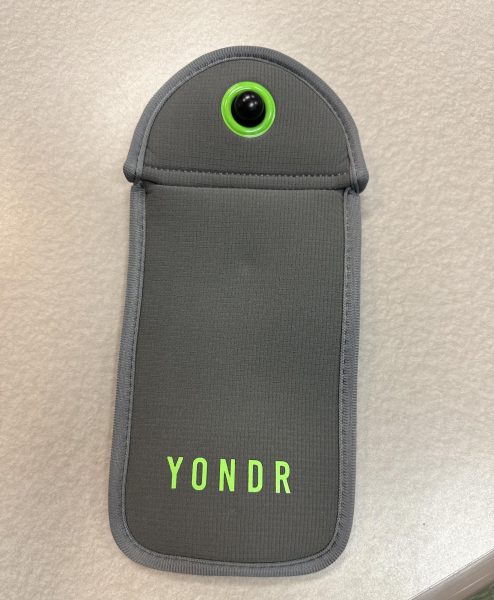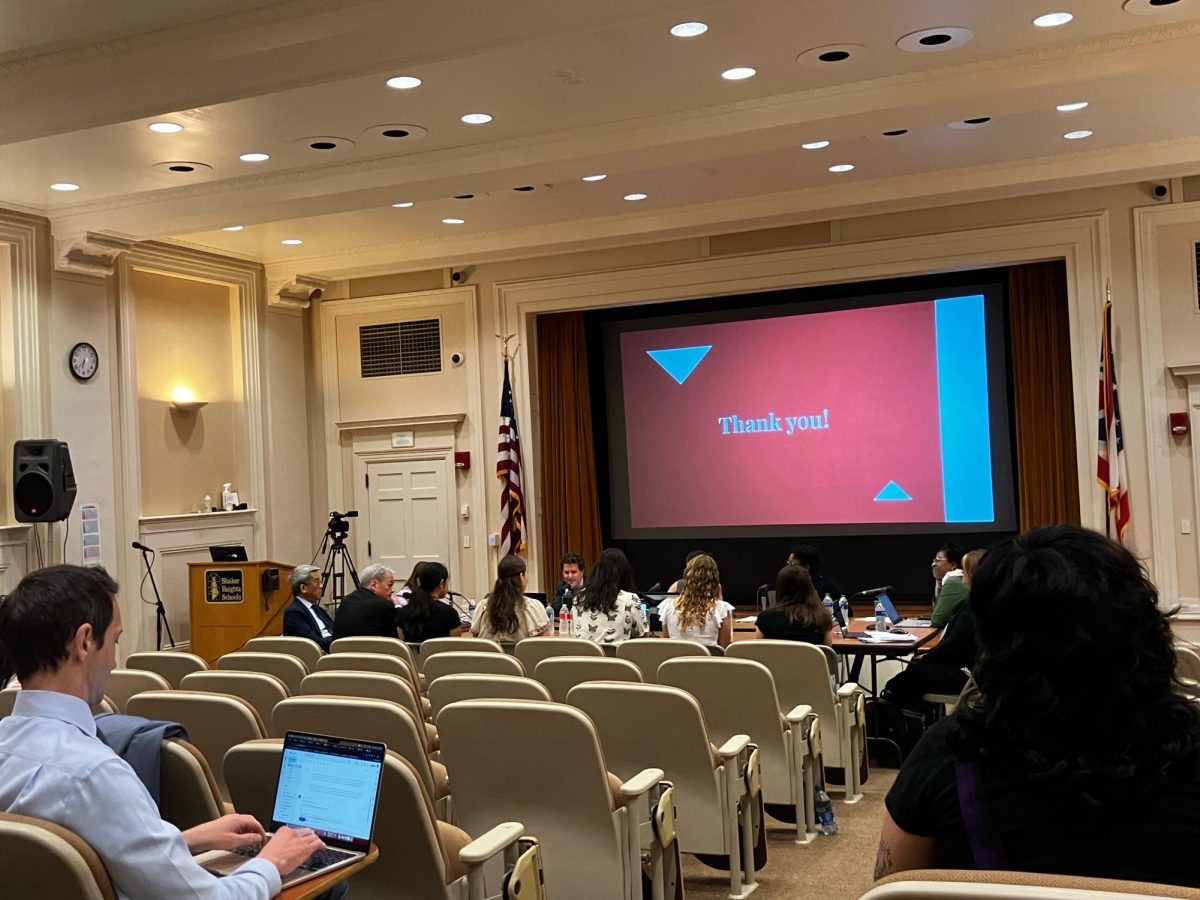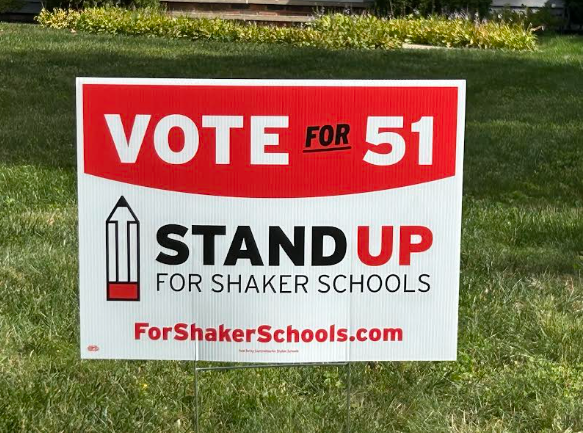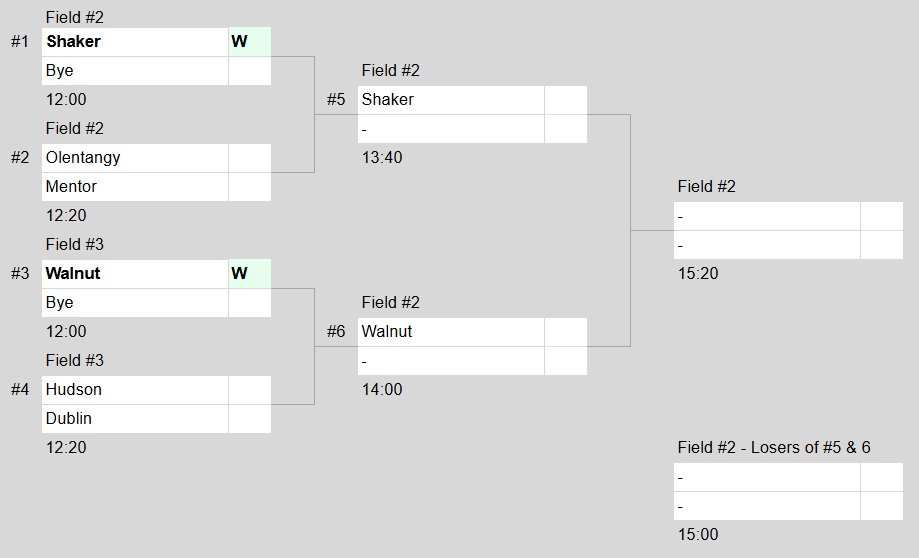Administrators who presented a proposed Yondr pouch cell phone policy for 2024-25 during the May 21 Board of Education meeting emphasized positive outcomes in other districts that have already restricted phone use.
Governor Mike Dewine signed bill 250 on May 15. The law requires public schools to enact written policies that restrict student cell phone use during school hours by July 2025. Jasmine Venson, fifth-grade assistant principal at Woodbury Elementary School, was one of three administrators to brief the board at the meeting. She said the district Cell Phone Advisory Committee has been meeting and researching since October with the goal of determining how a policy looks and feels academically and culturally.
Venson said that committee members visited schools in the Cleveland Metropolitan and Warrensville Heights districts, where phone restriction policies are already in place. The committee also completed a virtual visit with Xenia Community Schools, located near Dayton.
The proposed policy would require students to lock in a Yondr pouch their phones, airPods, Apple Watches and any other small, personal electronic devices.
Principal Eric Juli said that bringing Yondr bags full of phones, earbuds and tech wearables would be another necessary step to enter the high school next year. “We’re set up for students to show their ID in their right hand, and a full Yondr bag in their left hand,” he said.

The Yondr bags require a unique magnet to be unlocked. These magnets would be placed at exits five to 10 minutes before the end of the school day. The need to unlock the bags would enable the administration to exercise some control over where students exit, Juli said.
Assistant Superintendent of Teaching and Learning, formerly Director of School Leadership, Felecia Bell Evans said that the pouches should contain more than a phone. “This is really going to cover all electronic devices,” Evans said.
Concerns were raised about how students would communicate with parents and guardians. “Parents will be able to communicate with children via email, because every student has a Chromebook,” Evans said. “It will be necessary to teach students how to manage email because students receive so many email notifications from Google Classroom, for example.”
When students need to contact their families, rather than having zones in the school where phone usage is permitted, administration plans to make school phones more accessible to students. “It’s not feasible to have a series of zones where students can access their phones,” Juli said. Ensuring phones are locked back into Yondr pouches is not a realistic idea, he said.
Evans said that cell phones can compromise student safety. “Some of the decisions students make about using cell phones actually make them less safe,” she said. At a May 14 public meeting about the draft policy, a middle school student panelist said that some students use their phones to organize and advertise fights throughout the building.
Board of Education President Lora Cover, mother of a senior, said she understands why students are nervous about not being able to use their phones. At the same time, Cover shared what she was told by a friend who has a young child: that because schools are enacting phone use policies, her child won’t face the same challenges Cover’s did.
Evans said that parents are sometimes quick to communicate with their students via text about PowerSchool updates, hoping they will respond immediately. Technology has made it easy for parents to access information about their students whenever they want to, but, Evans said, the constant monitoring isn’t helpful.
“It’s actually not being able to separate from your child that is not good for them,” she said.
Juli said that when he visits the high school cafeteria, he sees tables full of students looking down, absorbed in their phones. With phones away, Juli said, “Students will speak to each other at lunch.”
According to the administration’s presentation, Yondr has completed research on more than 900 schools that use its product. The schools reported an increase in academic performance as well as improved behavior.
An administrator from a school that uses Yondr pouches told Juli that after the initial compliance challenge, their phone policy helps students. “There is absolutely a hurdle to get past,” Juli said. “But once you get past that hurdle, [the administrator] said, joyfully, ‘Everyone is happier.’ ”







Brian | Jul 31, 2024 at 8:09 am
How are the kids supposed to email the parents. The student’s email accounts are blocked from sending emails to email addresses outside of the school district’s provided addresses. They can’t send parents emails.
Natalie Sekicky | Aug 17, 2024 at 8:37 pm
Shakerite staff tested the ability to email parents using their student accounts and were successful in sending and receiving those messages.